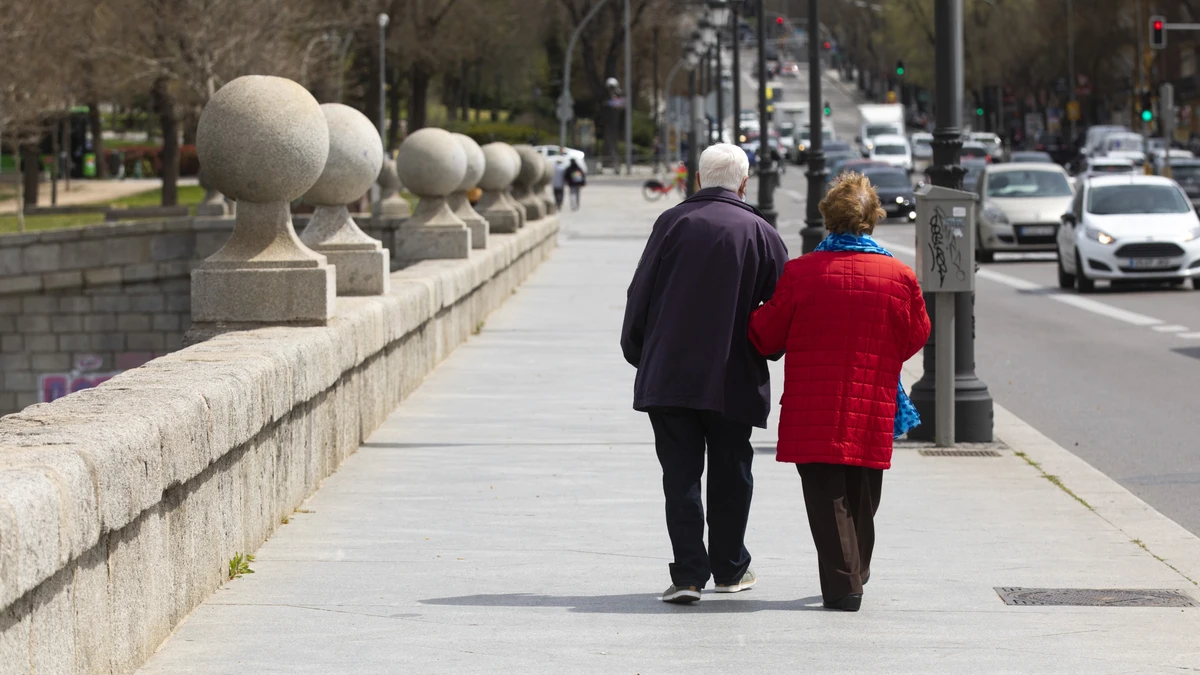Families in a specific census tract of Evanston’s 5th Ward are set to receive monthly stipends of $500 paid for from $900,000 of the city’s American Rescue Plan Act funding.
The City Council unanimously approved the payments on March 25 and the city expects the first payments to go out by this summer.
The funding marks the second round of stipends given by the city in its Guaranteed Income Pilot Project. A total of 150 residents from three different demographics received $500 monthly stipends for a year beginning in December 2022. The first round was based on a lottery system and targeted assistance to those with the most need — young adults 18 to 24, adults 62 and older and undocumented community members.
Funding for the first round comprised of $300,000 from Northwestern University’s Good Neighbor Fund and $700,000 of other ARPA funding.
According to the city, this leaves approximately $750,000 in ARPA funding that needs to be allocated by the end of the year and spent by the end of 2026.
The project is now set to target childhood poverty by serving families in census tract 8092 in the city’s 5th Ward, whose statistics show have been routinely disenfranchised and struggle with consistently high rates of poverty fueled in part by rising rent costs. The tract, according to census maps, is in the city’s north central region and is bordered by McCormick Boulevard on the north and western edges, Church Street to the south and Green Bay Road, Emerson Street and Ashland Avenues to the east.
“We really know that economic investment and helping families get the resources they need helps people pay for childcare cost, pay for the rising costs of their homes and helps them stay in our community,” Evanston Community Health Specialist Kristin Meyer said. “By investing in our youngest children we are investing in the future of Evanston and the future adult population of 8092.”
Representatives from Evanston’s Cradle to Career, a nonprofit organization seeking to address inequity, spoke in favor of the project.
Executive Director of the Childcare Network of Evanston also spoke highly of the project, saying the funding care relieves some of the stress families with young children experience every day.
“Poverty in many ways is the first barrier children are facing,” Director of Evanston Early Childhood Council Jesse Rojo said. “It isn’t simply living in poverty but living a life defined by poverty. When you grow up poor you’re growing up with a lack of opportunities and a lack of hope. You’re growing up not thinking you can become anything so you don’t even try.”
Families with children age 5 and under who are living at or below 1.84 times the poverty level in that census tract are eligible for the project. Data gathered by the city estimate this would include 144 households.
However, some of these families are likely to be removed as the additional income would be factored in to calculations for aid from the federal Department of Housing and Urban Development and could result in the loss of benefits.
Prepaid debit cards will be used again to distribute the funding and the city’s Health and Human Services Department will continue to manage the project. There are also no rules as to how the money is to be spent.
Several councilmembers expressed concern about only one group having the chance to benefit from the project but City Policy Coordinator Alison Leipziger said this round is a direct response to data gathered through the Evanston Project for the Local Assessment of Needs. The project has gathered information around Evanston residents access to housing, health care, childhood poverty, unemployment and other factors.
“This is not intended to be the last time that we do guaranteed income,” Leipziger said. “It is not easy to say just wait a year but it is also to say that nobody’s hoping this is the last time we do this.”
Others were concerned the funding wouldn’t be enough, but with some families dropping out to keep HUD benefits and the data being from the 2022 census, city staff believes there is enough wiggle room.
Alderman Bobby Burns, who represents the 5th Ward where a majority of the tract lies, said the project is a step in returning some of what has been taken from and lost from the area for years and invest back into the ward.
“$500 may not seem like a lot to everyone but you can lose a car over $500. You can lose a job because you lose your car and now you can’t get to work,” Burns said. “You can lose your housing over $500 for a lot of people in this community.”





